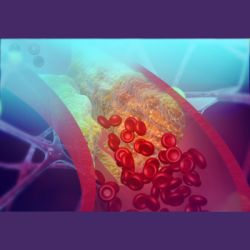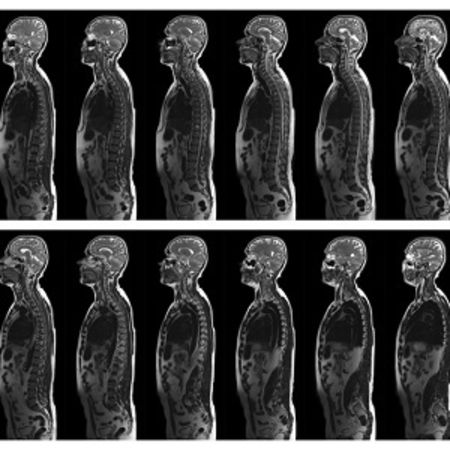Obesity is associated with diabetes, but there are metabolically healthy individuals with excess body fat and others with normal body weight who develop insulin resistance. The key risk factor is fat distribution. Individuals who accumulate deep abdominal and visceral fat are more likely to develop insulin resistance than individuals with subcutaneous fat. Using body circumference measurements does not lead to an accurate measure of fat distribution and does not detect fat depots near arteries that play a prominent role in the pathogenesis. With this in mind, German researchers, at Tübingen, showed that type 2 diabetes could be diagnosed using a whole-body magnetic resonance imaging (MRI) scan.
Participants at University Hospital Tübingen undergoing metabolic screening with oral glucose tolerance tests received MRIs. The oral glucose tolerance test is a screen for diabetes. The researchers trained deep learning algorithms on over 2300 MRIs to identify diabetic status using the oral glucose tolerance test results as the reference. The AI was trained to determine sex, age, BMI, insulin sensitivity, HbA1c and prediabetes or incident diabetes. Using MRI scans, the AI correctly determined type 2 diabetes 87% and prediabetes 68% of the time. For comparison, conventional regression algorithms discerned type 2 diabetes 54% and prediabetes 51% of the time.
A heat map analysis was also conducted to show where fat accumulation was associated with diabetes detection. ‘An analysis of the model results showed that fat accumulation in the lower abdomen plays a crucial role in diabetes detection.’ The MRI scans can also identify subtypes that can lead to kidney disease.
The researchers point out that future investigations could concentrate on the abdominal region to speed acquisition times or improve resolution. The results of this study have been published in the Journal of Clinical Investigation Insight.



























